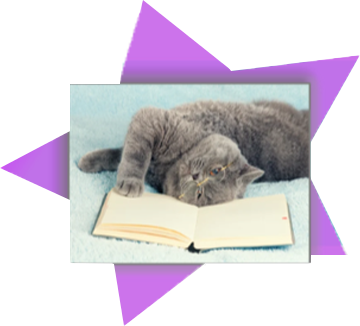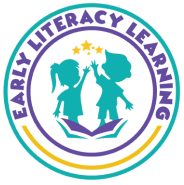
Brain Gain
Activities
Birth to 12 months

October 20, 2023
Vocabulary & Concept Boosters with BONDING
There are multiple ways to interact with a baby to increase their vocabulary and ready them to speak. Here are just a few talking time brain gain activities which will stimulate language learning and enhance closeness. Each activity may be adapted to meet a baby’s learning needs. The amount of time to spend or additional vocabulary to select are all to be considered, along with the age of the baby before choosing an activity.

The baby laughs when doing Peek-A-Boo With You, around the age of 4 months. Why? “First, it’s the personal interaction: It’s rewarding. But second, the baby is mastering the concept of things disappearing and coming back and knowing that they still exist.” stated, Jack P Shonkoff, M D, Professor of Child Development, Harvard.

Expand the GIVE IT A NAME activity by adding additional words to describe the object.
Even if they’re not talking yet, the baby brain has a want to understand and increase its vocabulary.
Try to use the exact words each time when repeating the same talking time activity on a different day. This will help facilitate the brains’ vocabulary development, repetition creates stronger pathways for learning in the baby brain. For example, holding up a blue blanket and calling it a “ blue blanket”, while on another day using same blue blanket and calling it a “blue blanky” – equals confusion galore! Consistency is important when helping the baby brain connect meaning to spoken words.

Parents creating fun moments for language learning is a universal happening. “It’s almost magical how parental conversation appears to influence the biological growth of the brain,” says Dr. John Gabrieli, a professor of brain and cognitive sciences, and a member of MIT’s McGovern Institute for Brain Research.



Parents get ready, set, “point”. It’s okay for a parent to be the leader in the PARENT POINTER activity. The infant may laugh or giggle as a response, while the baby brain is learning the meaning of “point”. By 7 months the baby usually begins to start the pointing gesture towards items on their own. First, it may show up as a whole hand point, followed a few months later with the index finger point. From NOW on--pointing will be an on-going regular word builder activity, powered by both parents and baby Have fun POINTING away together!
There are two main reasons why babies point stated, Lauren Lowry, Clinical Staff Writer& Hanen CenterSpeech-Language Pathologist:
1 To ask for something - for example, sometimes babies point to ask for a toy that they can’t reach or for more cookies. This is called imperative pointing.
2 To draw someone’s attention– for example, sometimes babies point to draw someone’s attention to an interesting object or to someone new who just walked in the room. This is called declarative pointing.”


For very young babies one can leave the descriptive words out, allowing the focus to be just on the one object or the movement. Older babies will welcome sensory words in their news reports. Here’s a few examples:
sight...big little blue square
touch...smooth sticky furry cold.
smell...sweet stinky fresh fruity
taste...juicy yummy sour creamy
hear...loud soft zoom noisy
NOTE: Whenever possible use the baby’s name in the brain gain activities.
Continuous talking time with the baby ignites their brain with a desire to understand and produce speech. These loving conversations are stimulating learning connections and laying the foundation for expressive language. Just keep on talking—they’re fascinated and desire MORE!
“Speak to your children as if they are the wisest, kindest, most beautiful and magical humans on earth, for what they believe is what they will become ”

